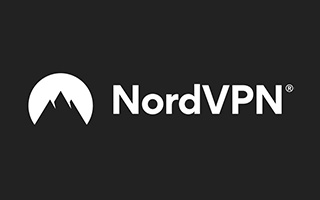IP Address Lookup
An IP address lookup will determine the Geo-location of any IP address. The results has quite a bit of information. It will show you the city, state/region, postal/zip code, country name, ISP, and time zone. This data consequently used by various agencies to find the exact owner of any IPv4 or IPv6 address.
IP Address Location
Your IP Location can be found using our IP Lookup tool. No IP Lookup tool is 100% accurate due to many different factors. Some of those factors include where the owner of the IP has it registered. Furthermore, where the agency that controls the IP is located, proxies, cellular IPs, etc. If you are in the US and the controlling agency of the IP is located in Canada. Moreover, chances are the results will show as Canada. Showing a Canadian IP while in the northern US is very common among mobile users on the Verizon network.
IP Address Results
Often, people think if they perform an IP address lookup, that they are going to find the physical mailing address of the user assigned the IP in question. This is simply not true. At this time, we are not aware of any IP address database that will give you the exact physical postal address of the IP address you lookup. At best, you'll get the exact city in which the user of the IP is located. For an exact physical address you would need to contact the ISP (Internet Service Provider) of the IP address in question.
Your Information
FAQ About IP Addresses
Common Questions about IP Addresses
Top VPNs in 2021
Here are the most popular VPN service providers to hide your IP address and location.



